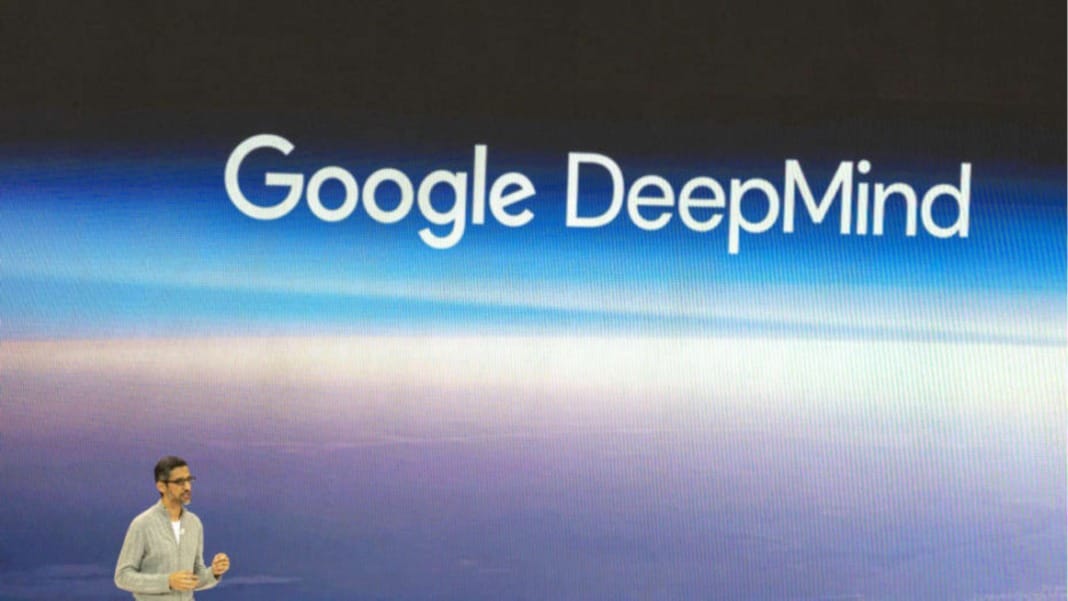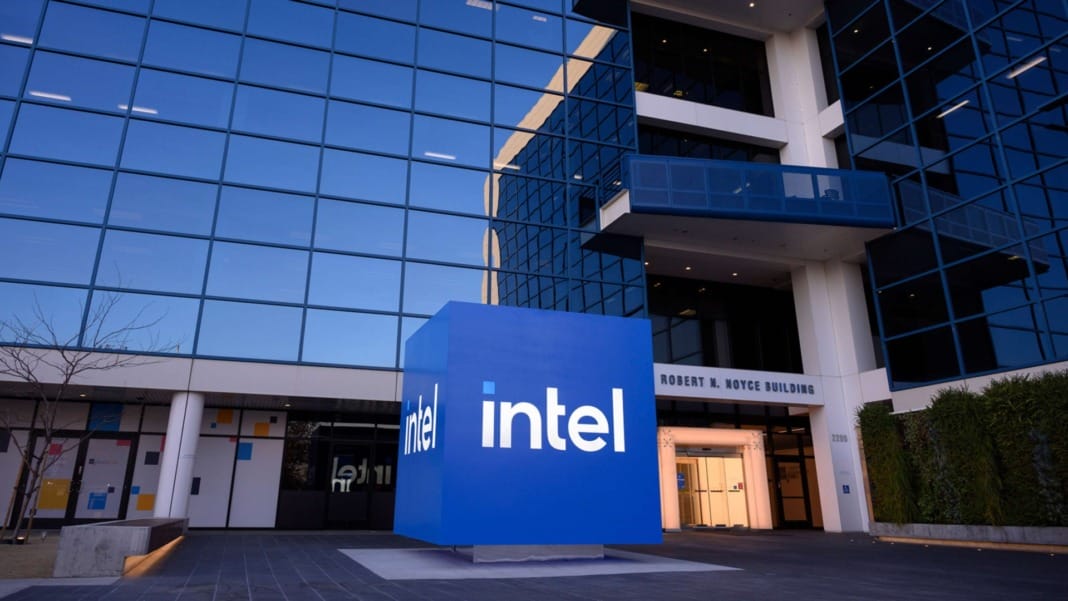Google DeepMind has unveiled an upgraded AI model, AlphaFold 3, which now predicts the structure of not only proteins but all vital biomolecules, revolutionising research in fields such as medicine, agriculture, and drug development. This latest version promises to assist researchers in expediting the testing of potential discoveries by providing detailed molecular models.
Beyond proteins: A closer look at AlphaFold 3’s capabilities
Building on its predecessors, AlphaFold 3 expands its predictive prowess beyond proteins to include DNA, RNA, and smaller entities known as ligands. This enhancement broadens the scope for scientific applications, allowing more comprehensive explorations into the building blocks of life. According to DeepMind’s CEO, Demis Hassabis, AlphaFold 3 has achieved a 50% improvement in prediction accuracy over its previous models. “AlphaFold 2 was a significant breakthrough in structural biology, catalysing remarkable research advances,” Hassabis explained during a press briefing. “AlphaFold 3 represents another step forward in employing AI to decipher and model biological processes.”
The model operates by incorporating a library of molecular structures. Researchers can submit a list of molecules they wish to study, and AlphaFold 3 utilises a diffusion method—similar to the technology used in AI image generators like Stable Diffusion—to create accurate 3D models of these structures.
Accessibility and applications of AlphaFold 3
DeepMind is enhancing its AI capabilities and accessibility. The research platform AlphaFold Server, powered by the new model, is now available to certain researchers at no cost. This initiative aims to democratise access to advanced computational resources, allowing scientists from all backgrounds to generate predictions on biomolecular structures.
Moreover, Isomorphic Labs, a drug discovery venture established by Hassabis, has already been integrating AlphaFold 3 into its projects, significantly advancing its understanding of new disease targets. While the server is intended for academic and non-commercial purposes, Isomorphic Labs is collaborating with pharmaceutical companies to leverage AlphaFold models in drug discovery efforts.
Google is also proactively engaging with the scientific community and policymakers to ensure the responsible deployment of AlphaFold 3. Amidst the excitement, there’s caution as well; a Google-published paper highlights concerns from biosecurity experts that AI models like AlphaFold could potentially lower barriers for threat actors to create more dangerous pathogens and toxins. The company has consulted with various experts in biosecurity, research, and industry to address these risks prior to the launch of AlphaFold 3.





